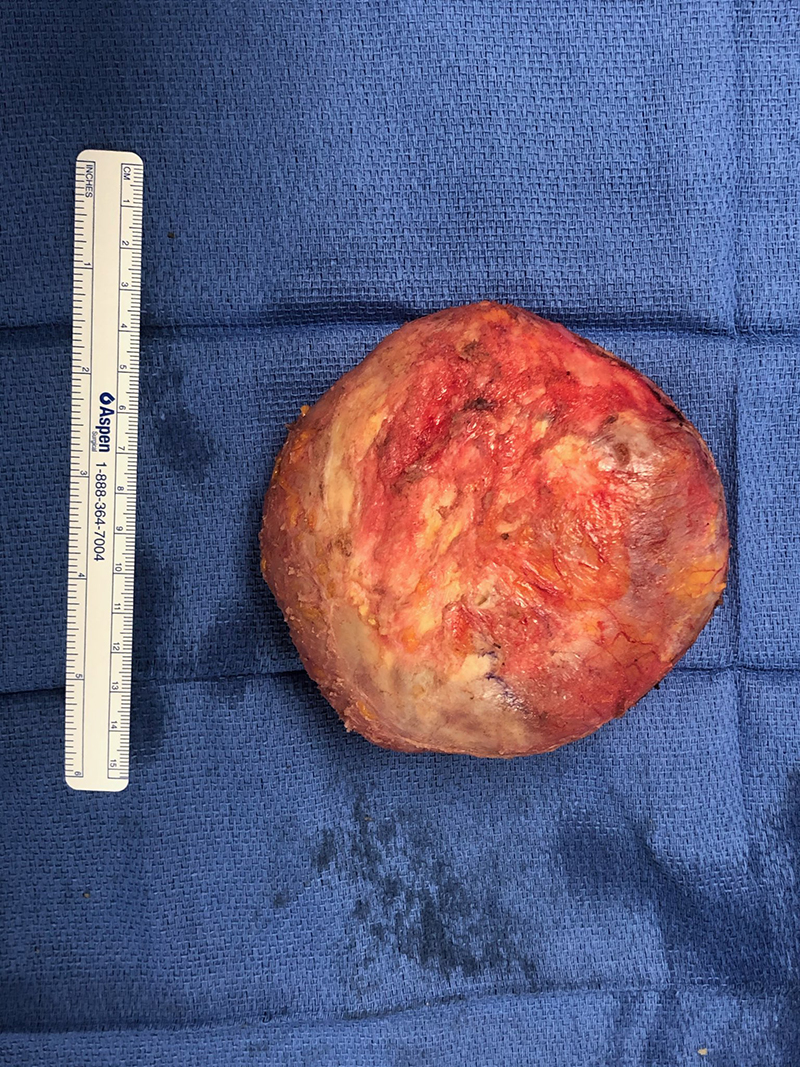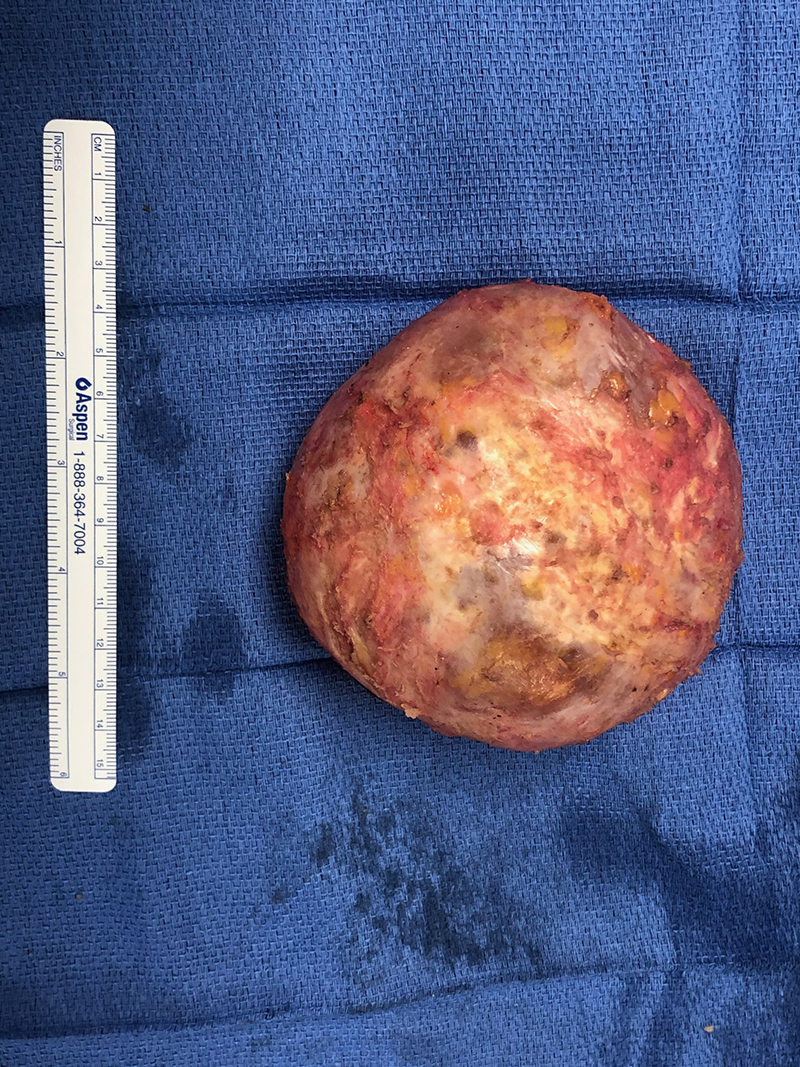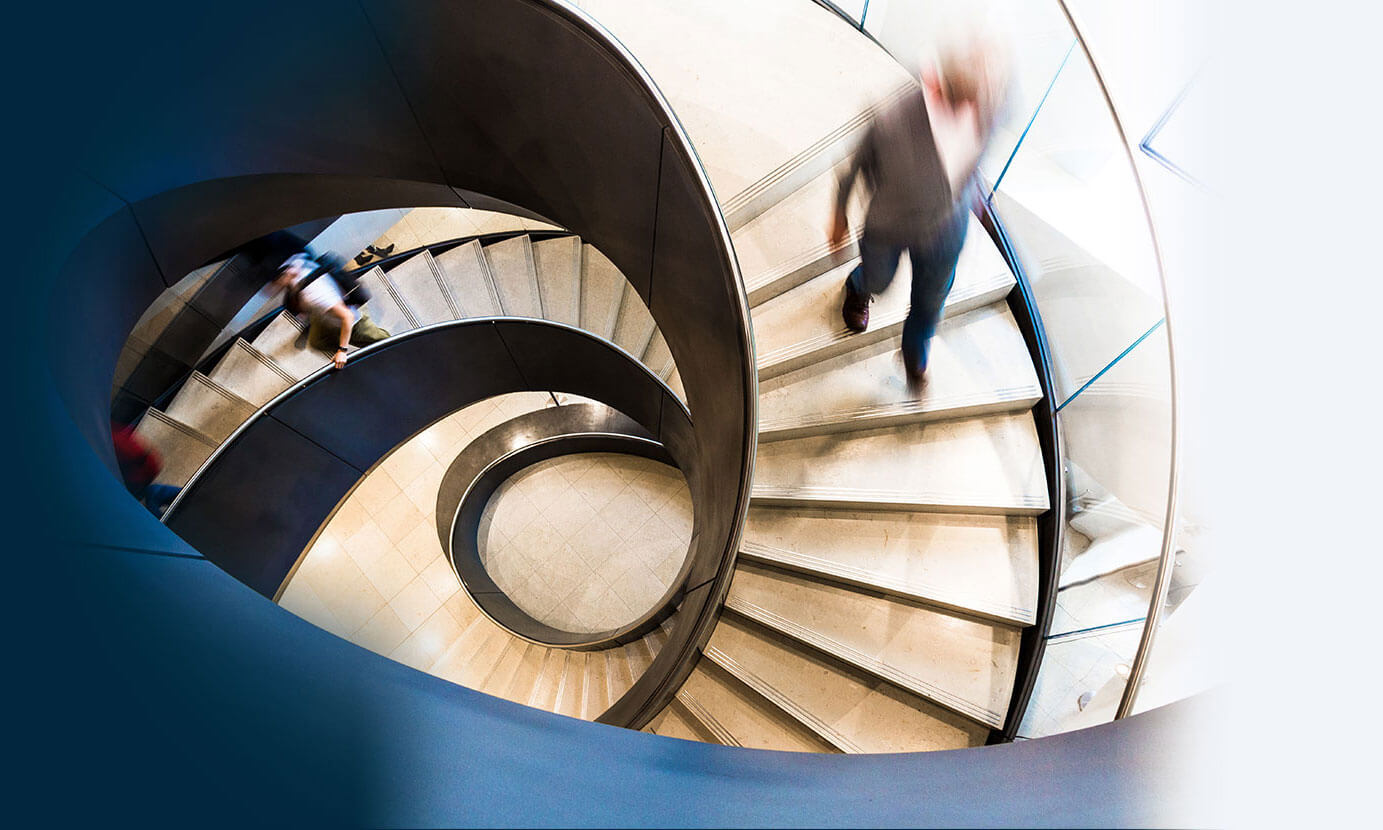En-Bloc Capsulectomy & Implant Removal
Conveniently located to serve Thousand Oaks
You may need an En-Bloc capsulectomy/implant removal if you are experiencing issues with your breast implants after augmentation. Any time there is an implant in the body, the natural response is to form a sac of scar tissue around the foreign body. This is termed a capsule. Every woman with a breast implant has a capsule around her implant. Normally, the capsule is soft and thin, like a balloon. However, in some cases the capsule can become thickened and abnormal, termed capsular contracture. If you have this problem, consider getting an En-Bloc capsulectomy in Thousand Oaks.
Before & After Photos
 Implant Removal
Implant Removal
At the Kryger Institute of Plastic Surgery, we have experience in a vast array of surgical and non-surgical procedures. Click below to see some before and after photos of implant removals.
En-Bloc capsulectomy is the term used for the complete removal of the entire capsule and the implant within it. The capsule is removed without entering it during surgery. Therefore, anything within the capsule never comes in contact with the patient’s body. This includes the implant, any fluid found within the capsule, and if the implant is ruptured, any of the material found within the implant itself.
At the Kryger Institute we have been performing En-Bloc capsulectomies for many years. We have experience with hundreds of these procedures. It is important to note that this procedure can be done whether the implant is under the muscle or on top of the muscle. It is a more challenging procedure when the implant is under or behind the muscle, however we are very comfortable with any situation.
Who is a good candidate for the En-Bloc resection?
Theoretically, any woman with a breast implant who wants her implants removed is a candidate. However, it is much more important to perform an En-Bloc resection in certain cases. This includes a woman with a ruptured silicone implant, capsular contracture that has led to a hard capsule, or anyone with mysterious physical ailments that have no other explanation as to their cause.
Since there is now a proven link between textured breast implants and ALCL (a rare type of lymphoma), any woman with textured implants, especially if they have been in place for many years, should undergo a total capsulectomy (complete removal of the capsule) at the very least, and often we will perform an en-bloc resection for women with textured implants. Removing the implant and the capsule will essentially reduce the risk of developing ALCL to close to zero.
Women with normal capsules, non-ruptured smooth implants, and no symptoms whatsoever related to the implants, may be a candidate for simple removal of the implants without having to remove the capsules. The capsules are, after all, one’s own tissue and will eventually just become normal healthy tissue once an intact, smooth implant is removed.
What should you expect from the consultation?
When you come for a consultation, we will discuss your medical history and surgical goals. We will ask about the problems that you want to address. We will also conduct a physical examination to determine if you are a suitable candidate for the procedure.
After examining you, we will go over what will happen during the En-Bloc capsulectomy to help you make an informed decision. We will also suggest surgical plans based on your problems and goals. You may be shown before and after photos of patients who have had the same surgery.
As a part of the consultation, we will review the benefits and potential complications of the procedure. We will answer your questions and address any concerns.
Does insurance cover a capsulectomy?
Many insurance carriers will cover the En-Bloc, or any type of capsulectomy (removal of the capsules and the implants). They will not pay for new implants. As a general rule, they require a patient to have either symptomatic capsular contracture (pain, tightness, limited motion, etc) or a ruptured silicone implant to approve the surgery.
Preparing for surgery
You will be told which medications to stop and which to take before surgery. Aspirin and other blood thinners must be stopped for 7 days before surgery. If you smoke, you must quit smoking entirely for 6 weeks before and 6 weeks after surgery. You must strictly follow the instructions about when to start fasting before surgery (usually at midnight). If you get sick or have any health issues in the days before surgery, please notify the office at once in case we have to postpone your operation.
Imaging of breast, such as a mammogram, ultrasound or MRI may be useful before surgery. This is something that should be discussed with Dr. Kryger before surgery and he will give you guidance on this. Factors that determine if imaging is needed include your age, how long the implant has been in place, and if there is a suspicion of the implant being ruptured.
The Surgery and the incisions
The surgery usually takes 1-2 hours to complete. It is performed in our surgical facility or at the surgical hospital near our office (TOSH). The En-bloc capsulectomy is usually done through an incision made under the fold of the breast (inframammary incision). If a breast lift is done at the same time, The procedure is done through a vertical scar in the lower aspect of the breast, since this incision is usually required for the lift.
The surgeon will then use a meticulous and delicate technique to carefully separate the normal breast tissue from the capsule until the entire outer surface of the capsule is free and it can be removed intact. Occasionally, the capsule cannot be removed in one piece without first removing the implant inside. Dr. Kryger has designed a technique for creating a “tunnel” through which the implant is removed, without it or any other contents of the capsule touching the breast. The tunnel is created using cloth-like material that prevents any silicone from seeping through it, similar to a sleeve on a jacket.
The capsule and any fluid are usually sent to a pathology lab that we exclusively use. This lab has extensive experience analyzing the capsules and fluid from capsules. Oftentimes, special tests are done to make sure that there are no cancer cells (either breast cancer or ALCL), fungus, bacteria, or other abnormalities found in the capsule.
The anesthesia
The En-bloc capsulectomy is almost always done under general anesthesia. Twilight anesthesia can be considered but is difficult since this is a relatively extensive procedure. In addition, Dr. Kryger uses long acting local anesthesia to numb the breast.
What kind of dressings and drains are there?
You can remove the gauze dressings the day after surgery. If there is tape or adhesive strips directly on your incision, do not remove these. If they fall off in the shower there is no need for concern. Usually, a bra is used to provide gentle compression for comfort. The bra is provided by us. Most women feel more comfortable wearing a sports bra for the first few weeks after surgery.
A capsulectomy will routinely require the use of drains. These drains help drain the fluid that is produced under your skin as part of the healing process. Without drains, this fluid can accumulate, termed a seroma. Drains stay in until the drainage is less than 25 ml per drain in a twenty four hour period. This usually takes 5-7 days, but can be shorter or longer in some cases. The drains are easy to take care of, and do not hurt to take out.
Can you go home the day of surgery?
The En-bloc capsulectomy is routinely performed as an outpatient, and most patients will be able to go home the same day. Some patients may prefer to spend a night in our overnight recovery facility if they have young children at home or live alone and do not have any help at home.
What about swelling and bruising?
Swelling and bruising are normal signs of the healing process. They occur after any surgery to varying degrees. Swelling peaks at about 48 hours, and then rapidly decreases. By the end of the first few weeks, 50 percent of the swelling is gone. During this early period, your breasts will appear larger than their final size due to the swelling. By 6 weeks, a majority of the swelling has diminished. By 3 months, all the swelling is gone. Bruising is worst the day after surgery and then rapidly gets better. It is usually gone by two weeks. You may also experience a burning sensation in your nipples for up to two weeks, but this will subside as bruising fades.
What restrictions are there?
You can shower the day after surgery, but you should not bathe, use a hot-tub, or go swimming for at least 2 weeks. The first few days after surgery are usually spent doing minimal activity. Most patients then begin to get back to their regular routine. Within 3-5 days, you will probably be ready to stop using pain meidcation. More vigorous walking and mild stretching exercises can be resumed about a week after surgery. Strenuous activities such jogging, aerobics, weight-training, and sex should not be done until 4-6 weeks after surgery. A good guide before beginning activities that involve direct contact to the breasts is to wait until pain and sensitivity in the breasts has resolved.
When can I travel?
Traveling after surgery (air travel, long distance car trips, train rides, etc) should not be done before you have had your first postoperative visit. Typically, this occurs 7-10 days after surgery. Patients who are at high risk for developing a blood clot should not travel until instructed by their surgeon. Short car trips under 60 minutes can be done before the first visit. A good rule of thumb is when you are off the stronger pain medication and can get up without assistance you are ready to go for a short drive. You should not drive the car yourself, however, until your surgeon gives you clearance for this.
When can I go back to work?
This, of course, depends on the kind of work you do. Most people go back to work after one week. Sedentary jobs, such as computer work or talking on the phone can begin even sooner. If you have a strenuous job that involves a lot of lifting or physical activity, you may have to wait 2-3 weeks until you are ready for work. Please review the restrictions for further guidelines about getting back to work.
What kind of scars can I expect?
Scarring is an unpredictable part of any surgery. It is impossible to cut through the full thickness of the skin and not have a scar. For most patients, the incisions from breast surgery heal well and do not become bothersome scars. Our surgeons have published numerous scientific papers about the scarring process and wound healing, and will do everything possible to minimize scarring. To a large extent, however, scarring is determined by your genetics. If you are prone to hypertrophic (wide, raised) scars or keloids, make sure to inform your surgeon ahead of time. Our surgeons will use all the available techniques to minimize your scars based on their extensive research experience on hypertrophic scarring.
Your scars will be firm and pink for at least six weeks. After six weeks, scars are very strong and can withstand any activity. Then they may remain the same size for several months, or even appear to widen. After several months, your scars will begin to fade, although they will never disappear completely. It takes 1-2 years for a scar to completely heal. Make sure to apply sunscreen containing zinc-oxide to your scars for six months so that they do not darken due to increased pigmentation.
What if I have a problem? When should I call the office?
The Kryger Institute welcomes calls from patients. If you have any concerns at any time, please feel free to call our office. If it is an emergency, the answering service is available 24 hours a day, including weekends and holidays. There is always a plastic surgeon on call. Your surgeon will discuss all the risks and potential complications with you before surgery. You will receive detailed instructions about situations that warrant a call to the office.
How much is the cost of En-Bloc capsulectomy?
The total cost of undergoing an En-Bloc capsulectomy may include the anesthesia, surgical fees, and facility fees. You can learn more about the price of the procedure during the consultation.
Arrange a consultation
If you have concerns about your breast implants, consider an En-Bloc capsulectomy in Thousand Oaks. Contact us to book an appointment for your consultation.
En-bloc Capsulectomy



